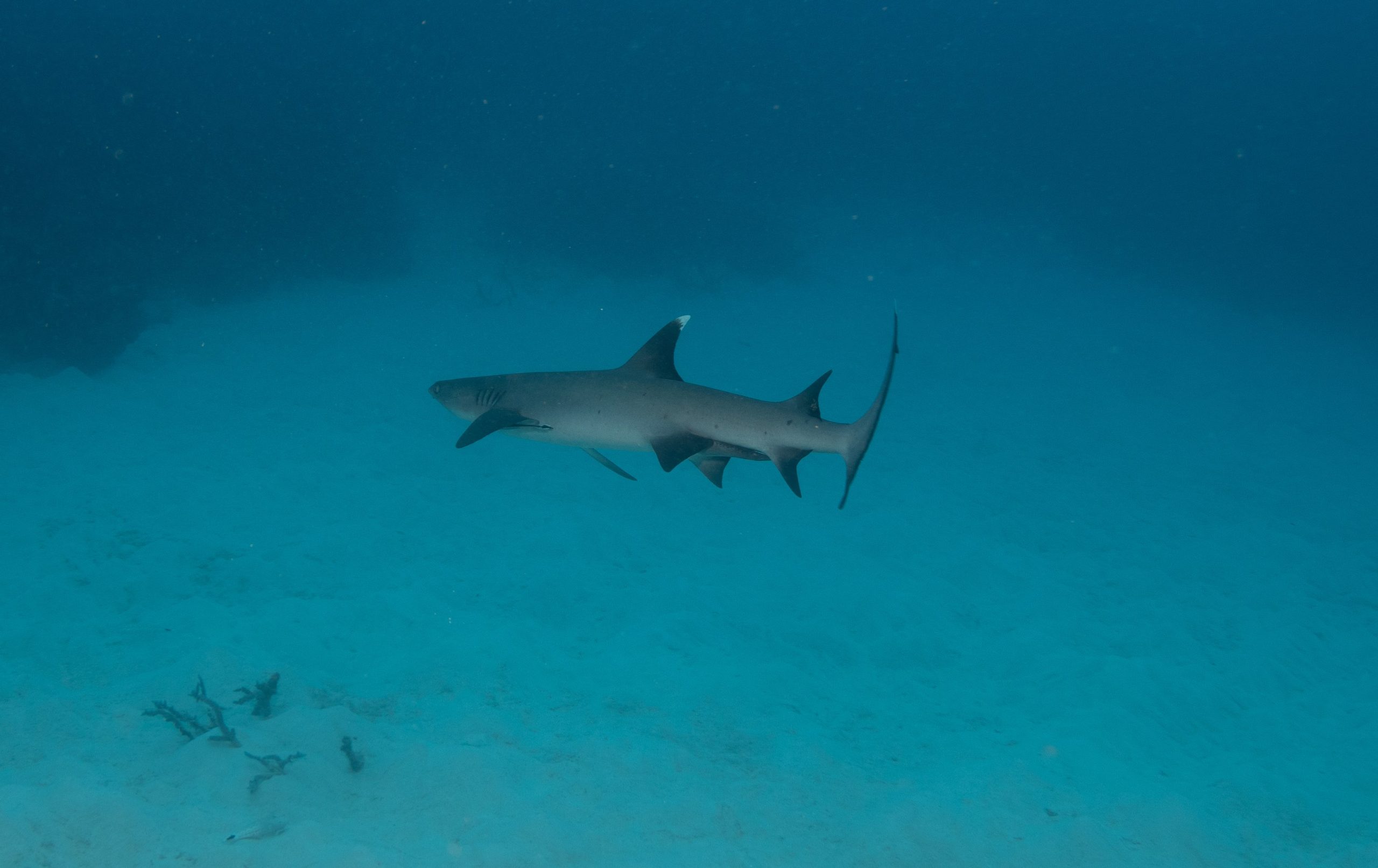Scuba divers have a fascination with sharks, we will go looking for them. We know to always face them. Never turn your back on a large shark. That is something worth remembering more generally, in your life on land.
Of course, there is no point being offended, by a shark. Worse, don’t confuse a shark with something else, like a coralliferous (coral eating) fish.
On land, I’ve noticed that the predatory individuals often dress-up as something else entirely.
It was always the case to some extent, but increasingly we are being told to let go of our own prejudices. There can be advantage in that: being open minded. But at what point do we hold onto that which we know instinctively?
Often, when we ignore our instincts, we become easy prey for the land sharks.
That is something worth remembering in all interactions, and something that many of us know instinctively.
Sharks hunt their prey like the worse in the human species, often in packs and opportunistically.
Here in Australia a pecking order is often maintained by ruthless attacks on reputation.
Whether in medicine or climate science but especially in the modern bureaucracies, the individual has a much-reduced chance if alone amongst a hungry pack that will work to maintain strict adherence to protocols and hierarchies.
In Australia, most everyone, but especially the sharks will work to prop up the institutions and the dominant narrative.
I don’t think it is instinctive, but rather a learnt behaviour. I have always been interested in behaviour, my PhD was in insect behaviour.
In the ocean, sharks will circle their prey, often seemingly out of nowhere and frequently approaching from below. Under strong feeding stimuli, excitement can intensify into a sensory overload.
Humans, even insects, are prone to sensory overload.
In humans, and also insects, sensory overload is especially a problem for neurodiverse individuals when what they are told doesn’t accord with what they perceive.
****
The feature image is of a white-tip reef shark (Triaenodon obesus), photographed at a place called Chicken Reef on 5th September 2024 by Jenn Mayes, a talented scuba diver and photographer.


 Jennifer Marohasy BSc PhD is a critical thinker with expertise in the scientific method.
Jennifer Marohasy BSc PhD is a critical thinker with expertise in the scientific method.

Sad but true -Follow the money.
Yes Fran, follow the money to the multinational fossil fuel companies.